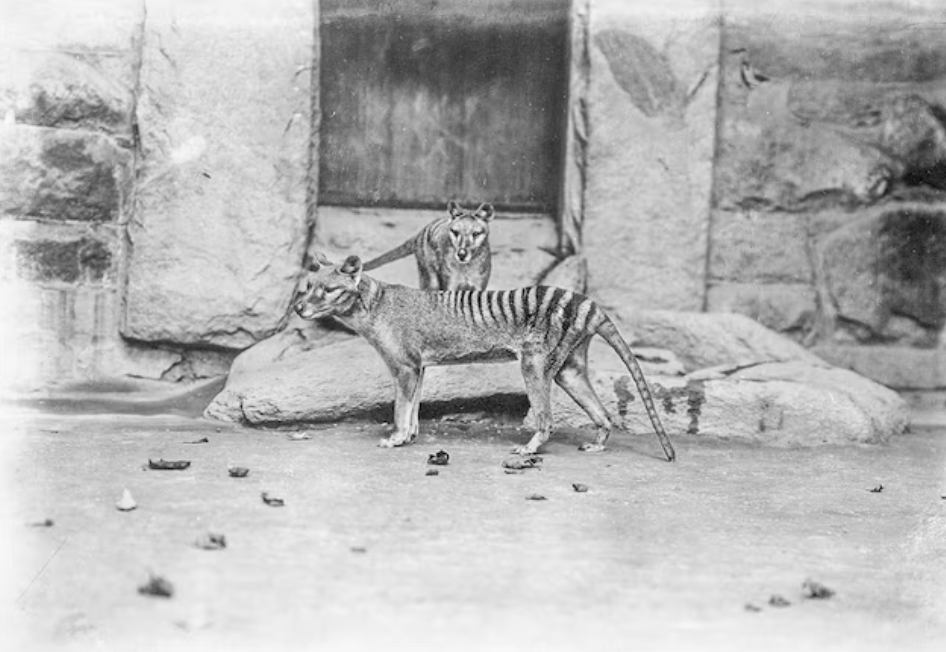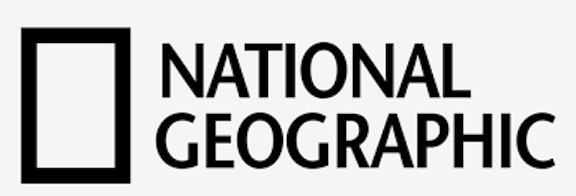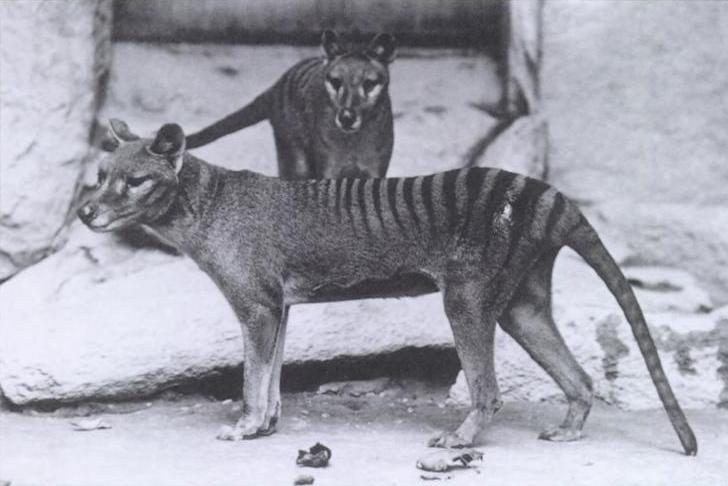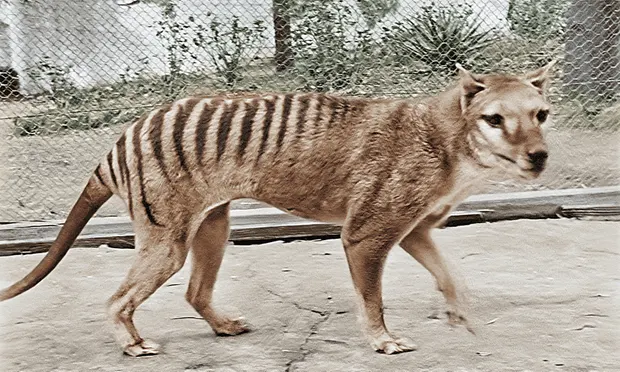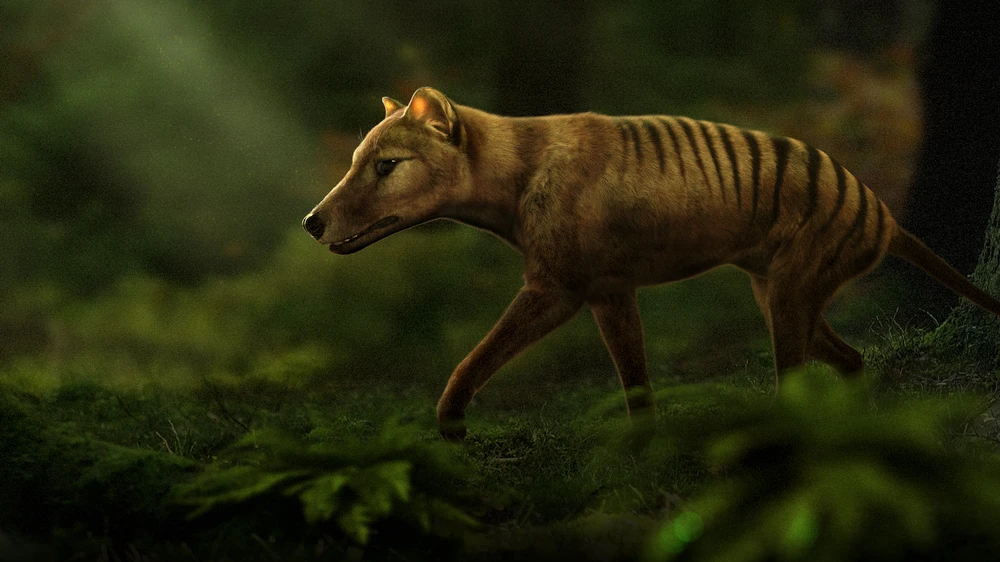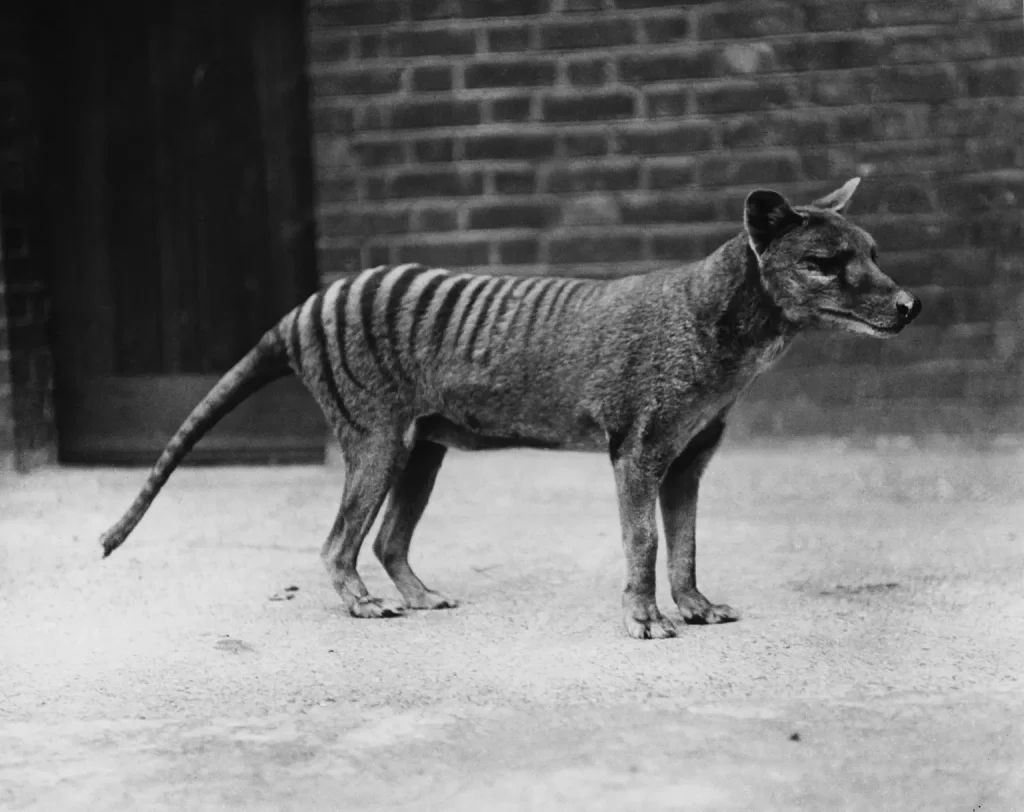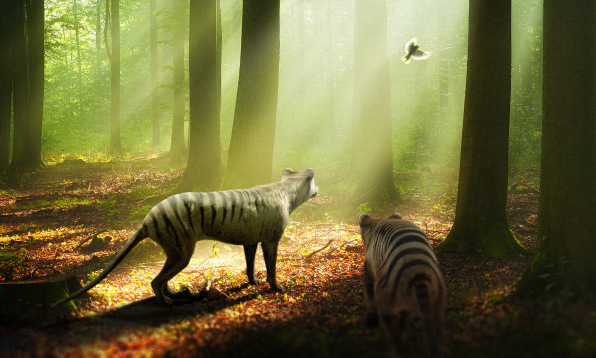
MAURITIUS
A DREAM IN COLOR
Mauritius, a small gem in the Indian Ocean about 1,200 miles off Africa’s coast, is famed for its powdery white-sand beaches, turquoise lagoons, vibrant coral reefs, and teeming marine life.
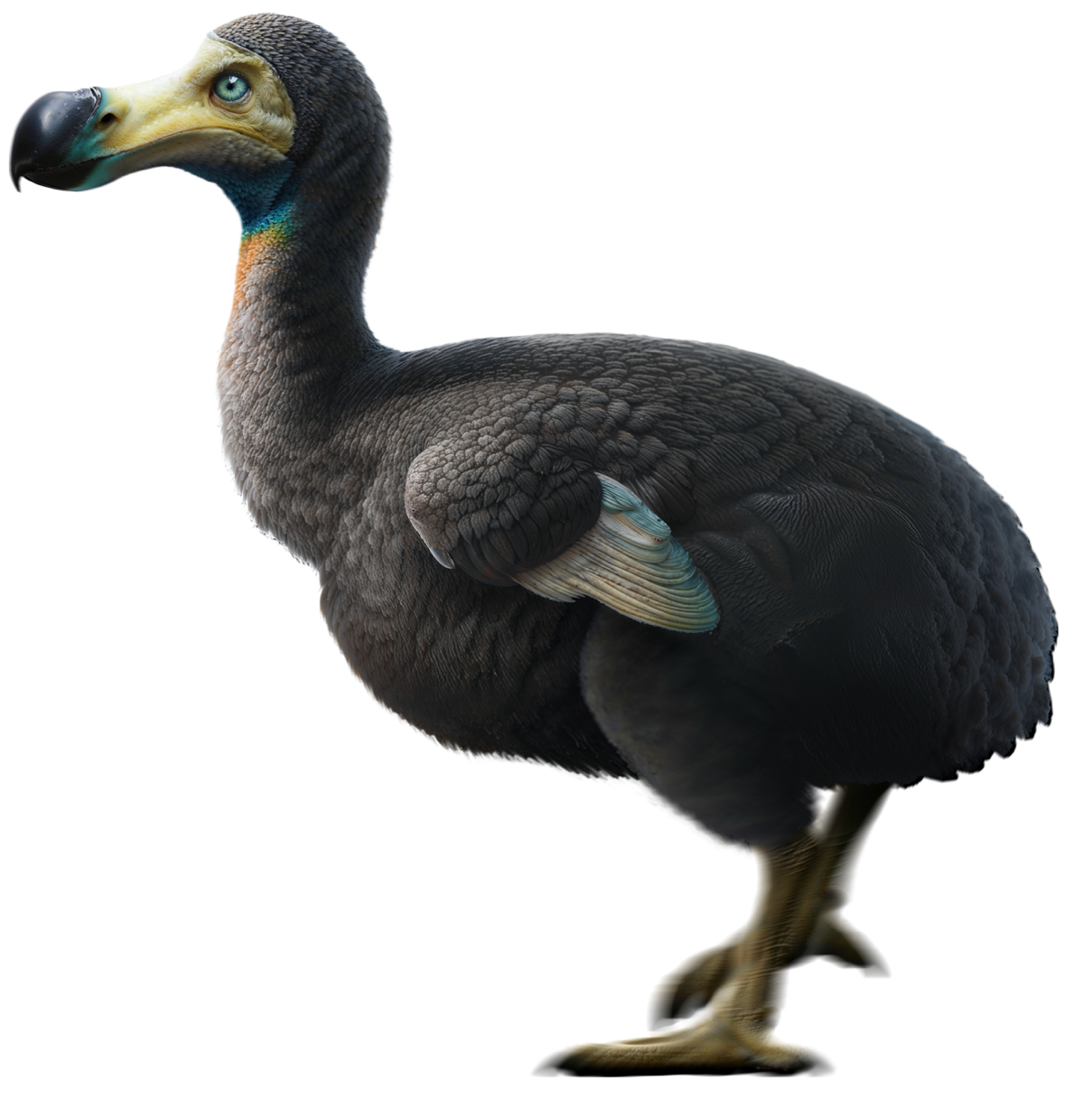
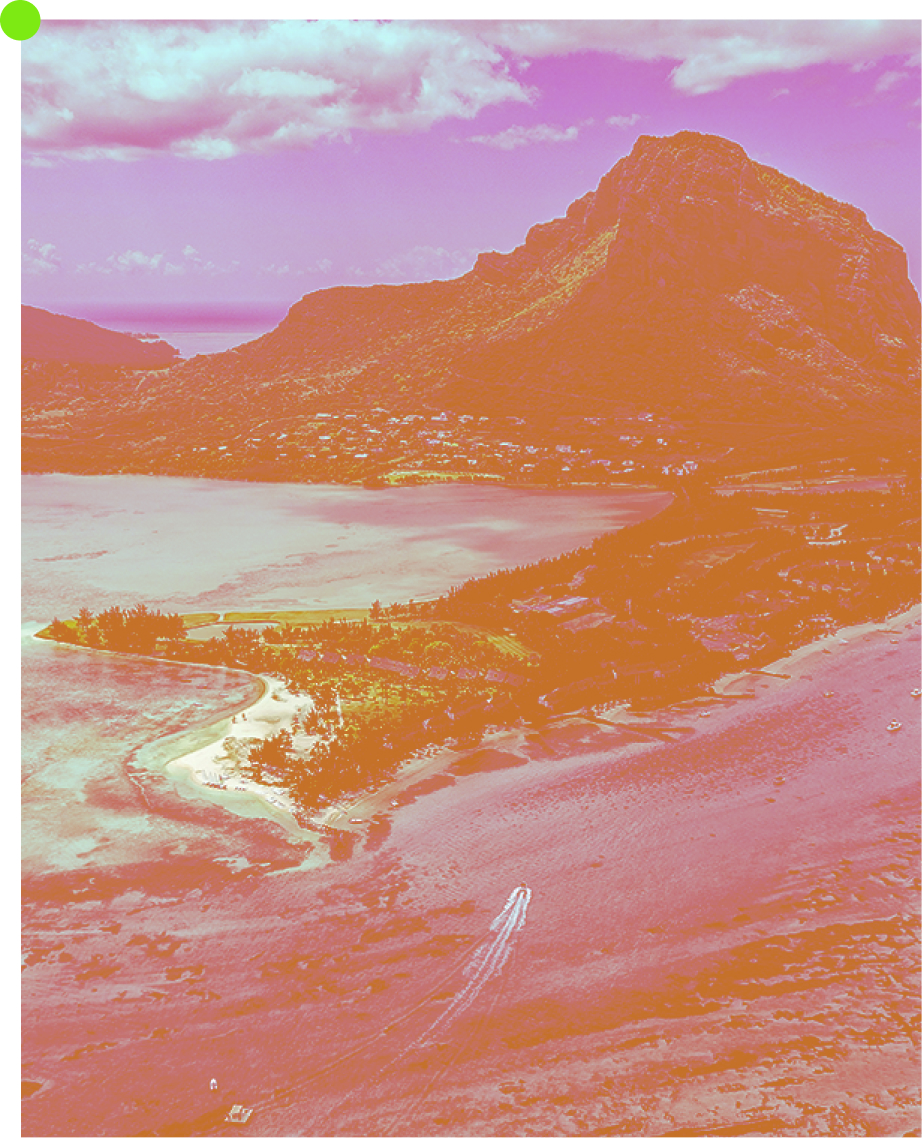
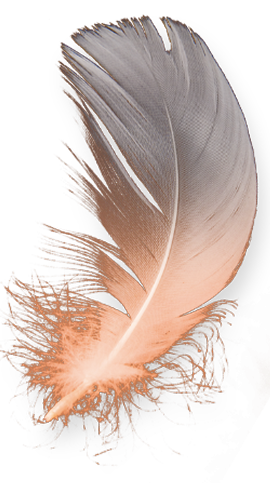

THE
MISSION
Restoration
in Motion
Colossal is committed to restoring the Earth to a healthier state, reversing climate change and protecting biodiversity, de-extincting lost species and safeguarding our future through cutting-edge innovations. By combining the science of genetics with the business of discovery, we endeavor to advance the field of bioscience and technology, make humanity more human and lead the pursuit of a brighter tomorrow.

REVIVING
THE WILD
Born from volcanic fire, Mauritius rose from the sea as a blank slate, its ecosystems gradually shaped by birds, reptiles, and plants that arrived over centuries, carried by wind, waves, and chance. Isolated and unique, the island evolved into a haven for endemic species — a living vault of biodiversity found nowhere else on Earth.
Mauritius’s landscapes shimmer with sapphire lagoons, ivory beaches, volcanic peaks, emerald forests, and offshore islets, each supporting distinct and delicate ecosystems. From coral reefs and coastal wetlands to lowland forests and upland woodlands, the island’s natural richness is remarkable. Yet centuries of human impact — habitat destruction, invasive species, climate change, and past extinctions — have dramatically reshaped its ecological balance and put its native life at risk.
Despite these challenges, Mauritius offers a powerful story of hope. Intensive conservation work, active habitat restoration, and strong partnerships with local communities are helping to protect the island’s rare and endangered endemic plants and animals. With continued commitment, Mauritius stands poised to reclaim its status as one of the world’s great biodiversity hotspots, showing that even ecosystems once pushed to the brink can be renewed and revived.
Human POPULATION
MILES
LAND AREA
ANIMAL SPECIES
ENDEMIC SPECIES OF MAURITIUS
Mauritius is home to a mosaic of ecosystems including lowland and upland forests, coastal woodlands, volcanic highlands, freshwater wetlands, dry scrublands, offshore islets, and a vast coral reef system. These diverse biomes have shaped an evolutionary cradle for species found nowhere else on Earth. From its lush evergreen canopies to its windswept cliffs, the island once supported a web of interdependent life—much of which has been dramatically altered by centuries of human activity. Today, Mauritius has lost more endemic species than any other country of its size. Invasive species, habitat destruction, and climate change have pushed many native organisms to the brink. But hope, resilience, and restoration endure. Thanks to ongoing conservation work, rewilding initiatives, and the stewardship of local communities, Mauritius continues to be a beacon for ecological rebirth.
MAURITIUS ECOSYSTEMS

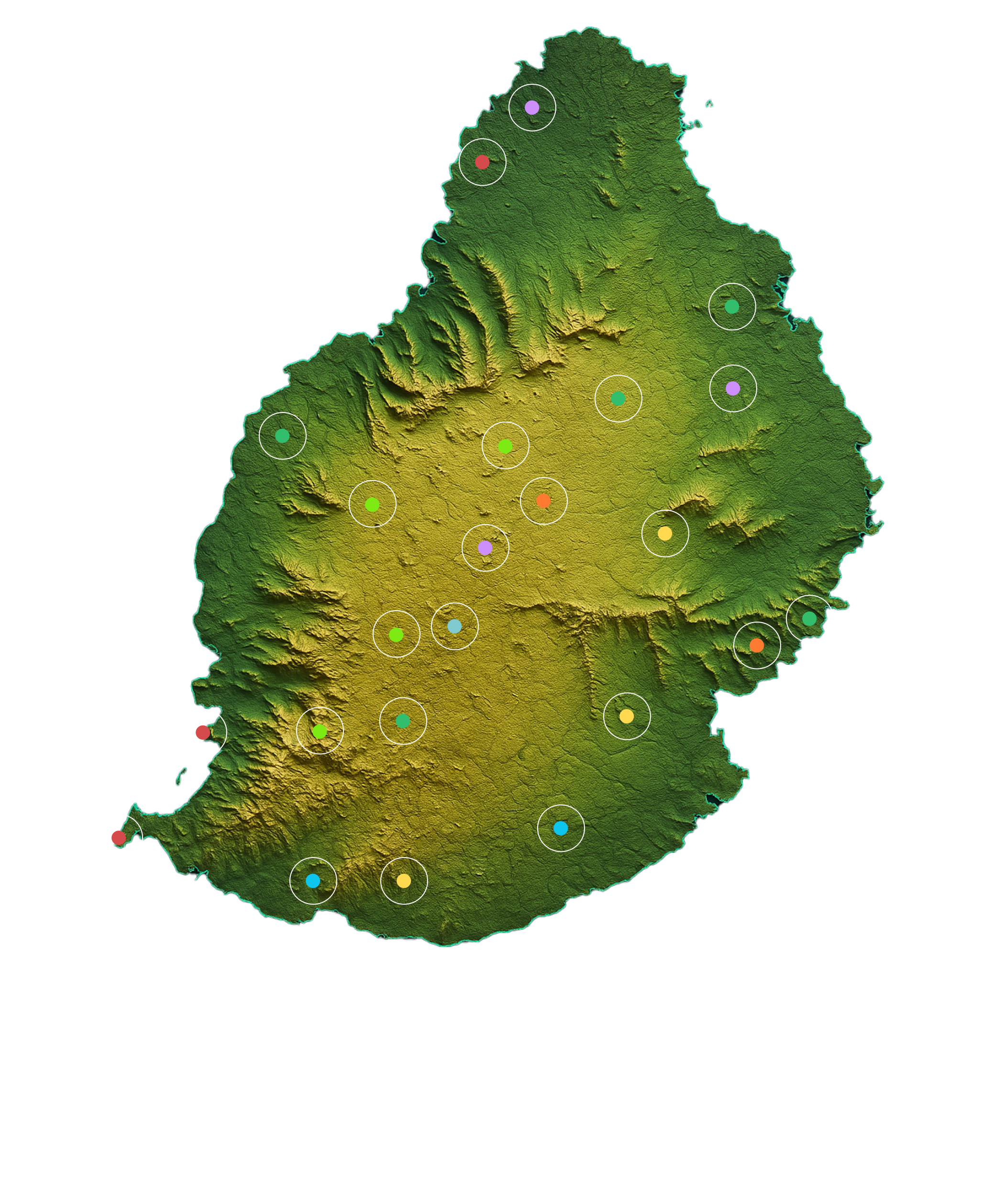
With its isolated island geography and tropical climate, Mauritius hosts a wide array of ecosystems, each supporting a remarkable diversity of native and endemic species:
Tropical Evergreen Forests
Coastal & Marine Ecosystems
Wetlands & Marshes
Dry Forests & Scrublands
Heathlands & Upland Ecosystems
Islet Ecosystems
Lagoons & Coral Reefs
FROM SAILORS
TO SETTLERS
A Nation Forged by Many
The current population of Mauritius descends mainly from Indian, African, Chinese, and European settlers, brought over centuries through colonization, slavery, and indentured labor (particularly under French and British rule). So, while Mauritius has a rich cultural mix today, there is no known Indigenous human group that originally inhabited the island.
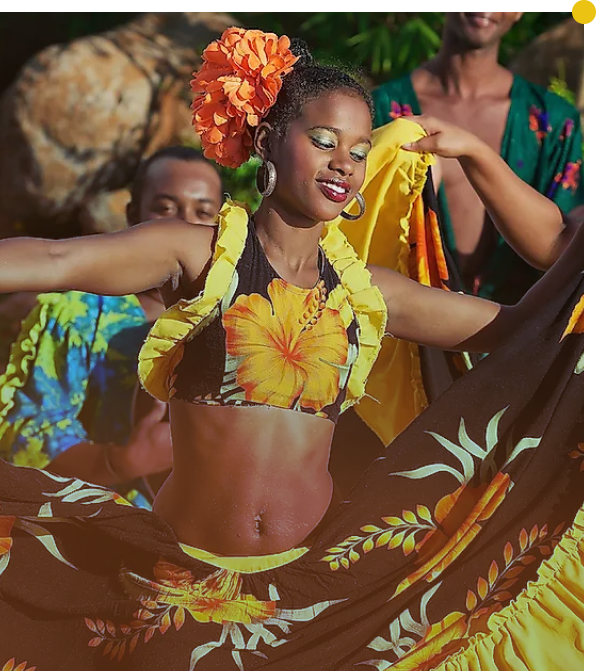
Arrival by Sea
Mauritius was uninhabited by humans until it was first visited by Arab sailors around the 10th century and later by Europeans (Portuguese, Dutch, French) starting in the 16th century. When the Dutch settled there in the 1600s, they found no native human population — only the island’s unique wildlife.
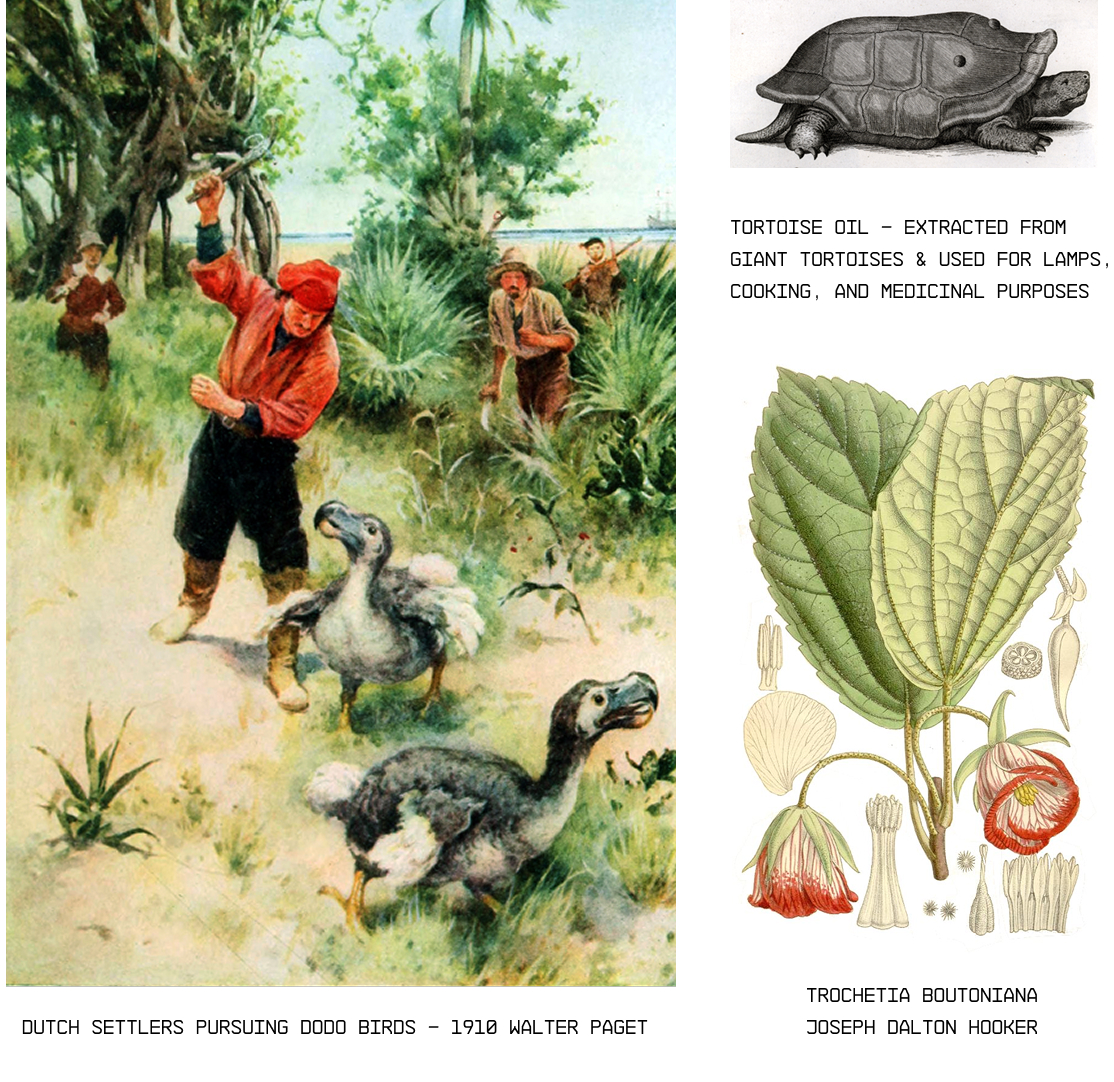
Roots in Motion
Mauritius stands today as a vibrant testament to centuries of global migration and cultural fusion. From its empty beginnings, Mauritius grew into a nation shaped by centuries of cultural exchange. This rich tapestry is evident in the nation's languages, religions, and traditions. Creole is widely spoken, alongside English and French, while Hinduism, Christianity, Islam, and other faiths are practiced across the island. From the rhythmic beats of sega music to the colorful festivals celebrated year-round, Mauritius embodies a harmonious blend of its multifaceted heritage.

COMMITTED
TO COMMUNITY
Our Promise to Ethical Rewilding in Mauritius
Colossal is committed to building an open and collaborative relationship with the people of Mauritius. By fostering meaningful dialogue with local communities, we aim to ensure our initiatives are both impactful and enduring. This partnership between Colossal and the people of Mauritius is rooted in inclusivity, values diverse perspectives, and strives to create a more sustainable future together.

devina
lobine
Dr. Devina Lobine is a bioscientist and Research Officer at the Mauritius Institute of Biotechnology Ltd (MIBL), driving efforts to establish Mauritius as a biopharmaceutical hub. With a PhD in Natural Products and postdoctoral training in pharmacology, she brings a strong record in research, teaching, and global collaboration. An award-winning scholar, she is active in science policy through groups like the Global Young Academy and INGSA-Africa, and leads initiatives such as the Global Indigenous Youth Summit on Climate Change—bridging science, sustainability, and social impact.
“Driven by a deep passion for scientific discoveries and inspired by the dream of seeing the dodo walk the earth once more, I am pleased to lead the Mauritius Dodo Advisory Committee. This journey is more than reviving a lost species–it is about honouring our island’s unique heritage.”
MAURITIUS DODO
ADVISORY COMMITTEE

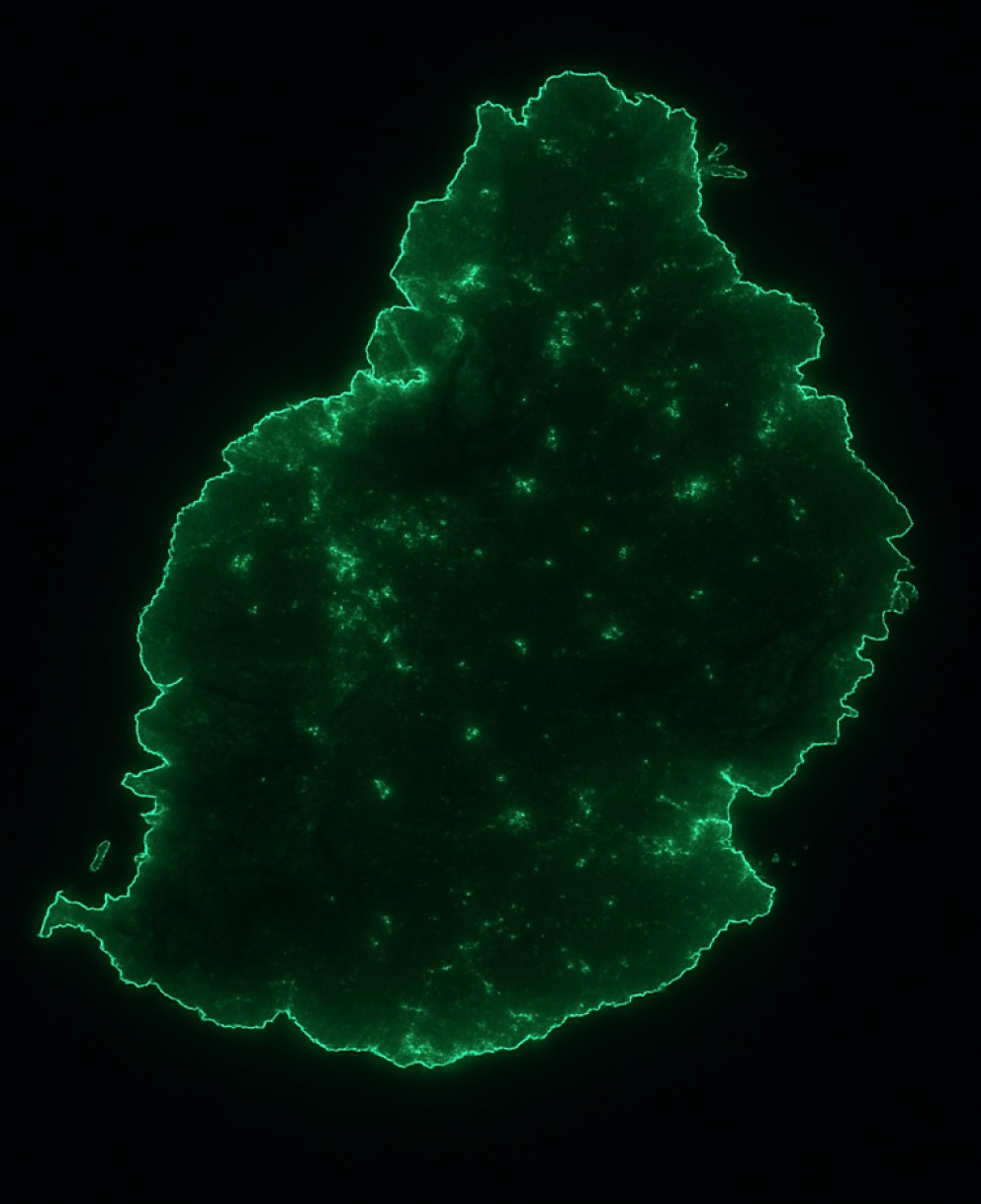
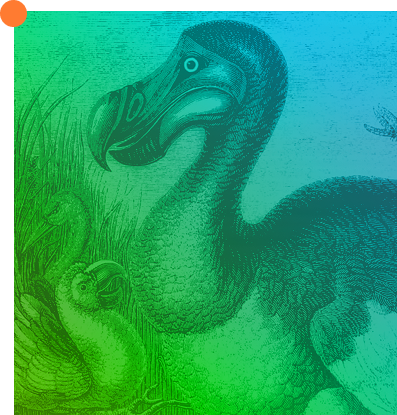
Colossal’s Board of Community Leaders
As part of our partnership with Mauritius, Colossal assembled the Mauritius Dodo Advisory Committee, a board of qualified individuals with diverse backgrounds, years of expertise, and direct involvement with their local community. The Committee’s main goal is to provide input on Colossal’s local conservation efforts and aid in the development of a Dodo rewilding program in Mauritius.
The Committee is made up of cultural, commercial, government, and community leaders in Mauritius, who meet quarterly to discuss the feasibility of, concerns over, and needs of the public in regards to the safe and successful reintroduction of the Dodo. Discussions focus on updates from Colossal related to genomics research, biodiversity, environmental restoration, and the sustained wellness of the Mauritian community.
By supporting native wildlife, restoring habitats, and collaborating with local experts, we aim to create a thriving environment where both reintroduced and existing species can flourish. Mauritius may have once lost the Dodo, but with science, community, and conservation working hand in hand, the island’s future can be as biodiverse as its past.
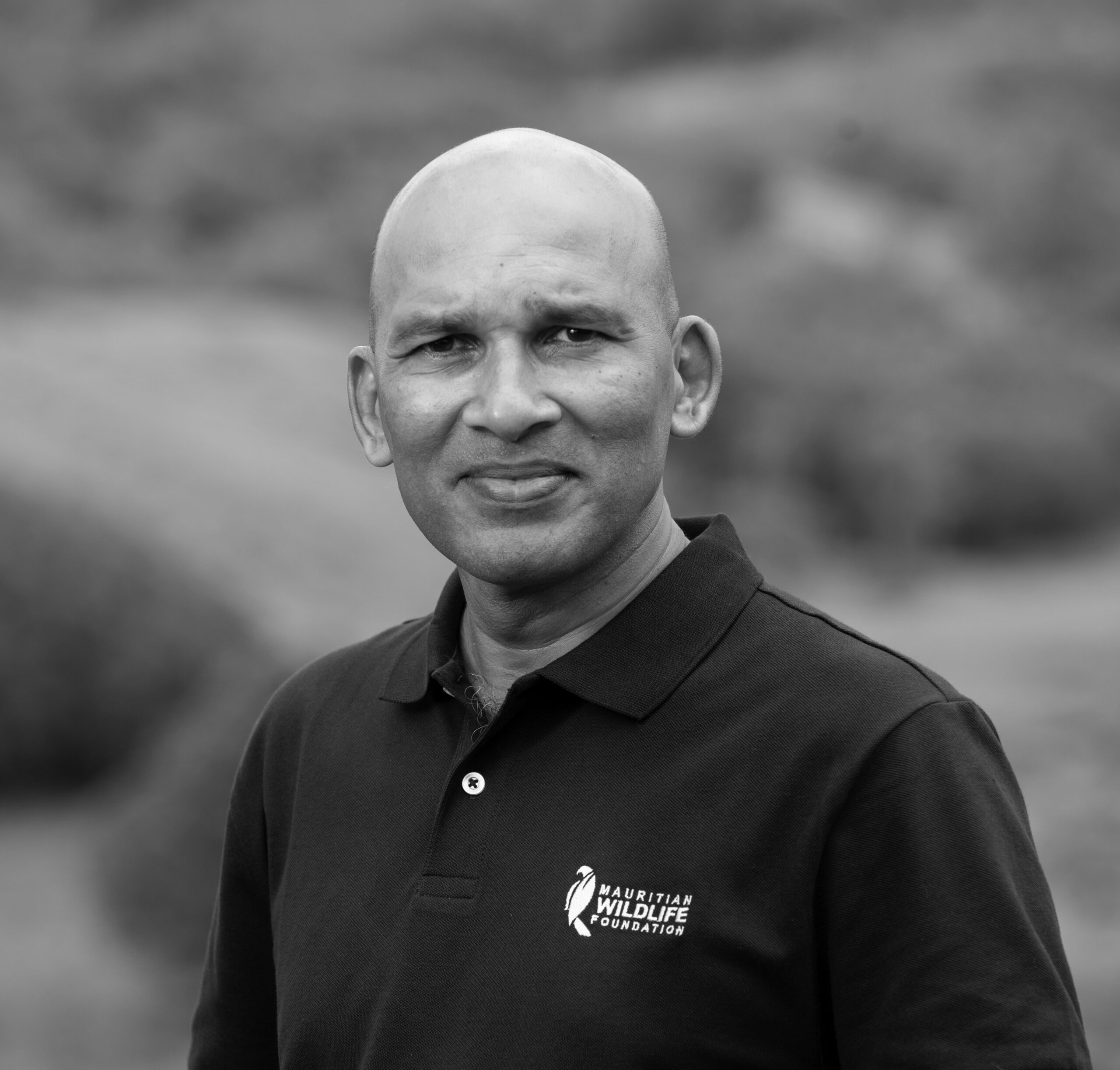
Vikash Tatayah
Conservation Director for the Mauritian Wildlife Foundation
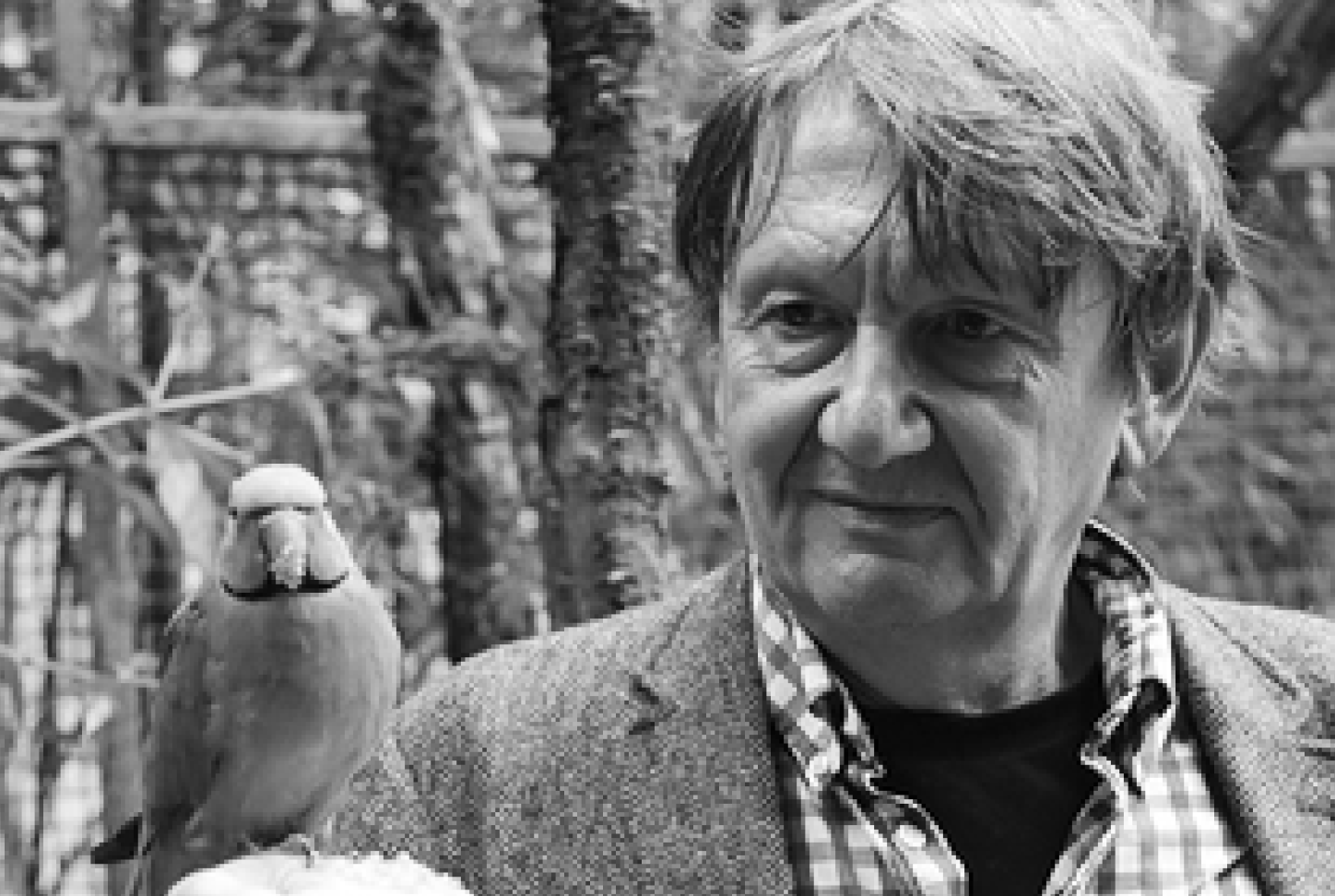
Carl Jones, PhD
Chief Scientist, Durrell Wildlife Conservation Trust & 2016 Indianapolis Prize Laureate
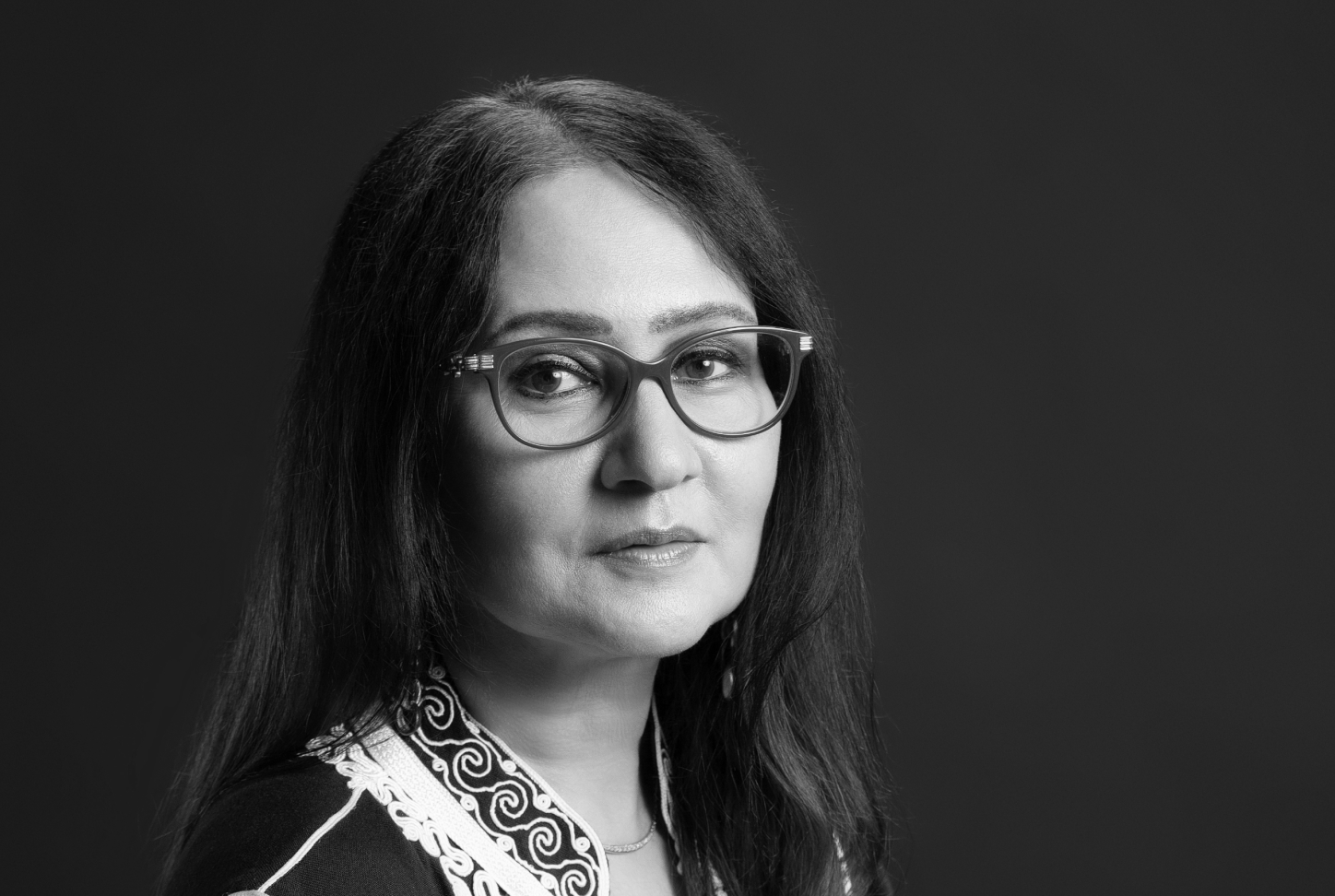
Ananda Devi
Officier des Arts et des Lettres (France), Grand Officer of the Star and Key of the Indian Ocean (Mauritius), Neustadt Prize Laureate
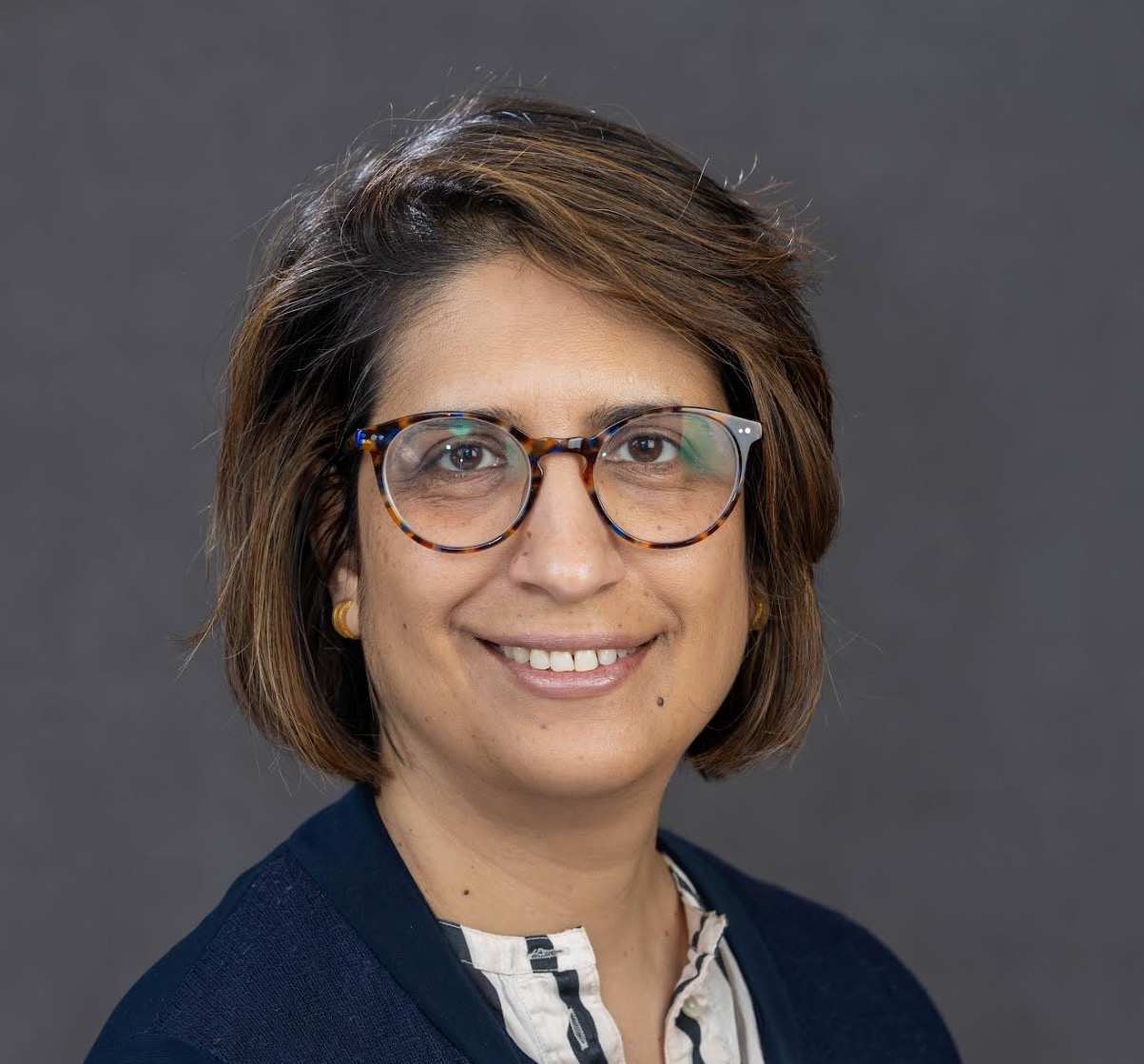
Joya Bhandari
Environmental Consultant & Green Policy Advisor for Island Sustainability
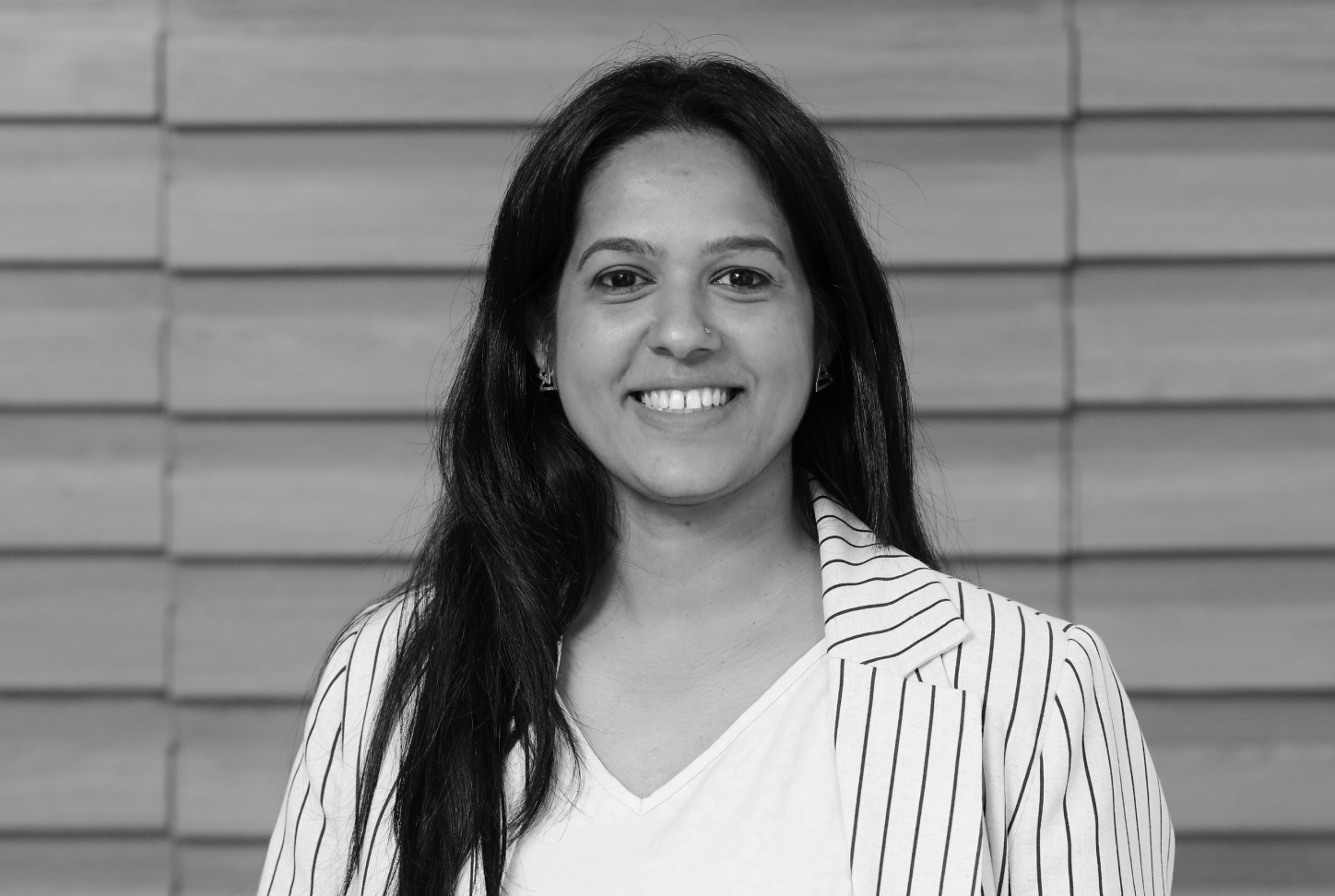
Dr. Devina Lobine
Research Officer at the Mauritius Institute of Biotechnology & Global Leader in Science, Policy, and Innovation
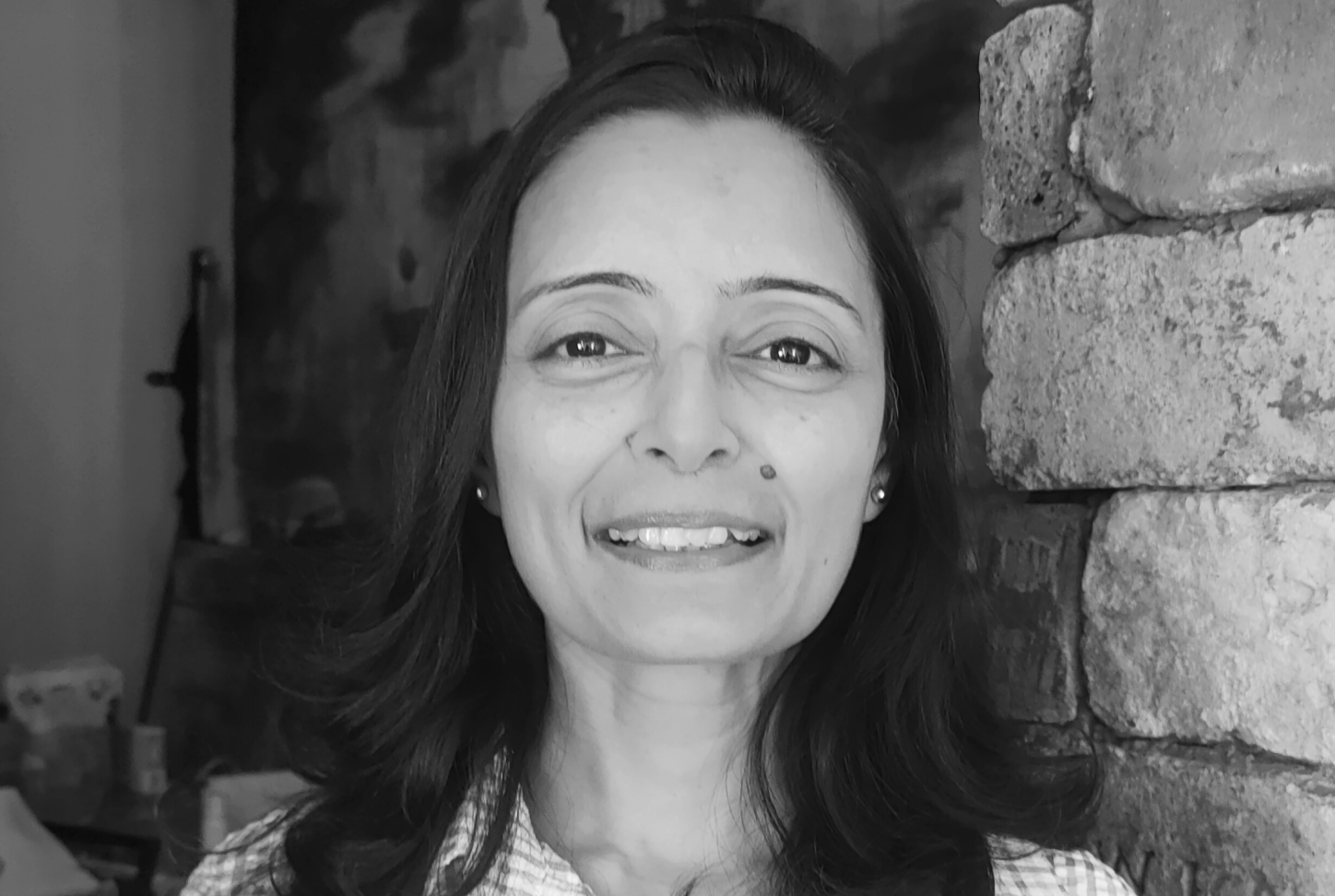
Kallyanee Bodha
Chemistry Educator | Author | Advocate for Conservation
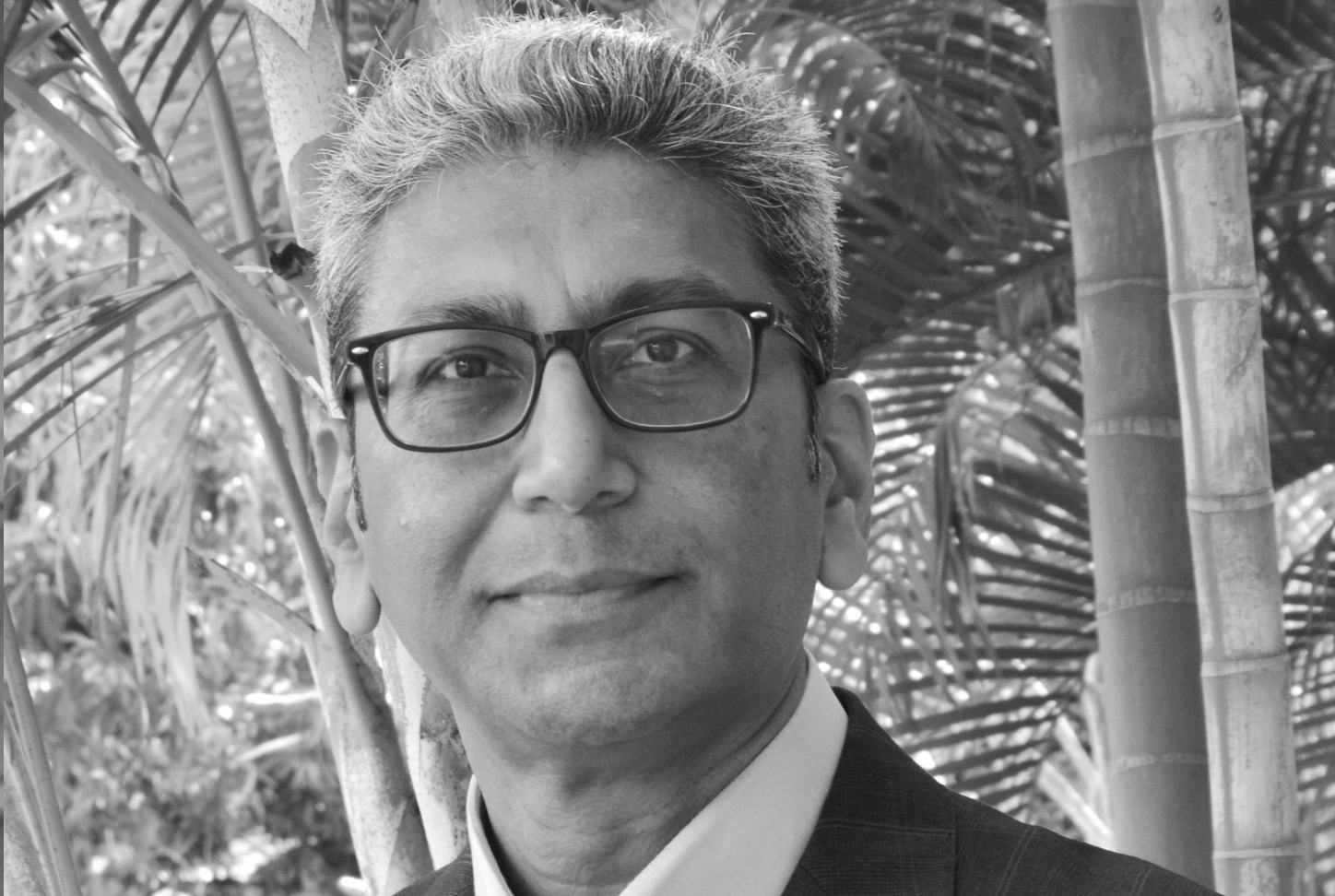
Dhanjay Jhurry, PhD, GOSK, CSK
Managing Director of Uniciti International Education Hub

Kevin Ramkaloan
CEO of Business Mauritius & Economic Policy Leader
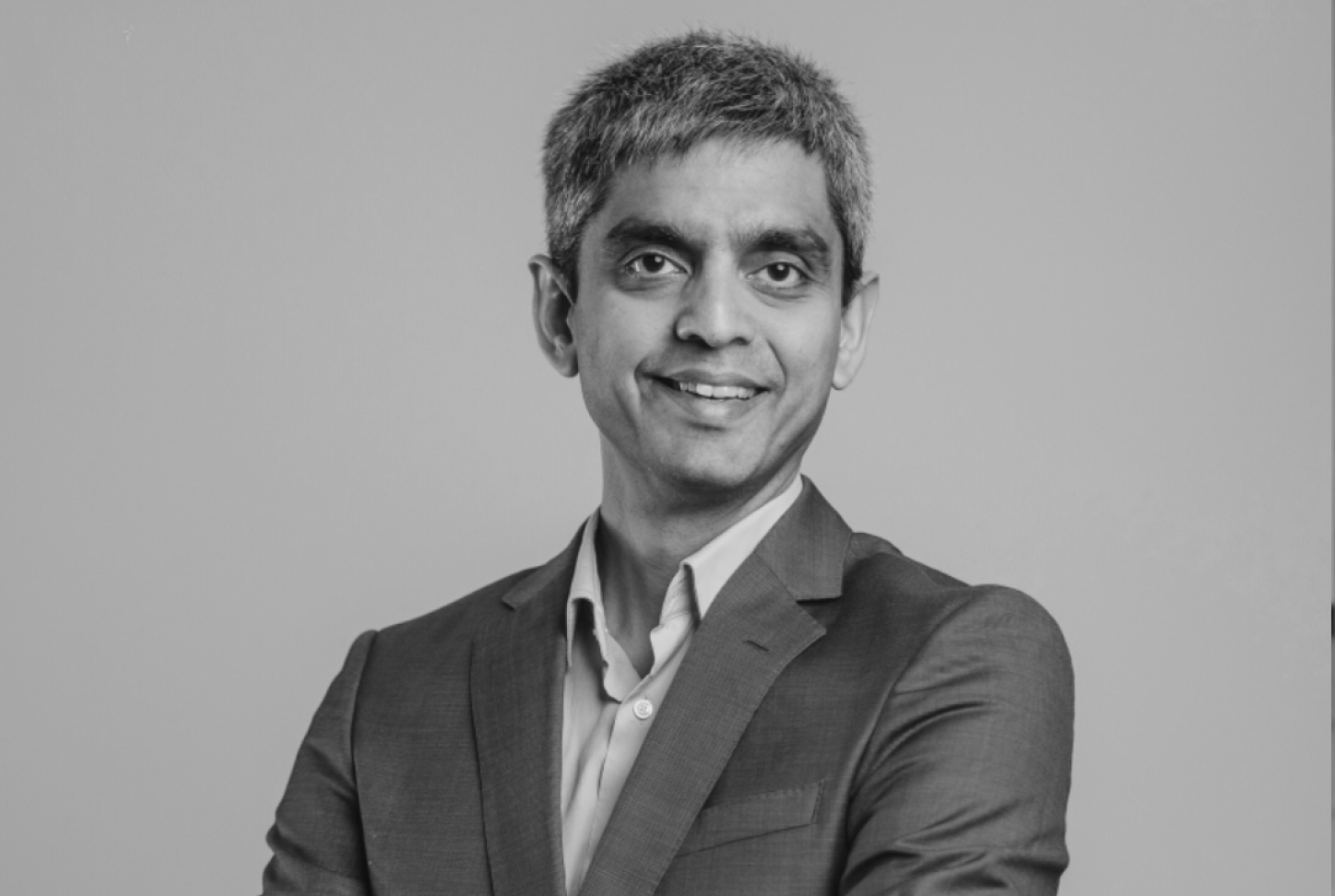
Mehul Bhatt
Head of Strategy, Savanne Life Sciences & Board Director, Business Mauritius
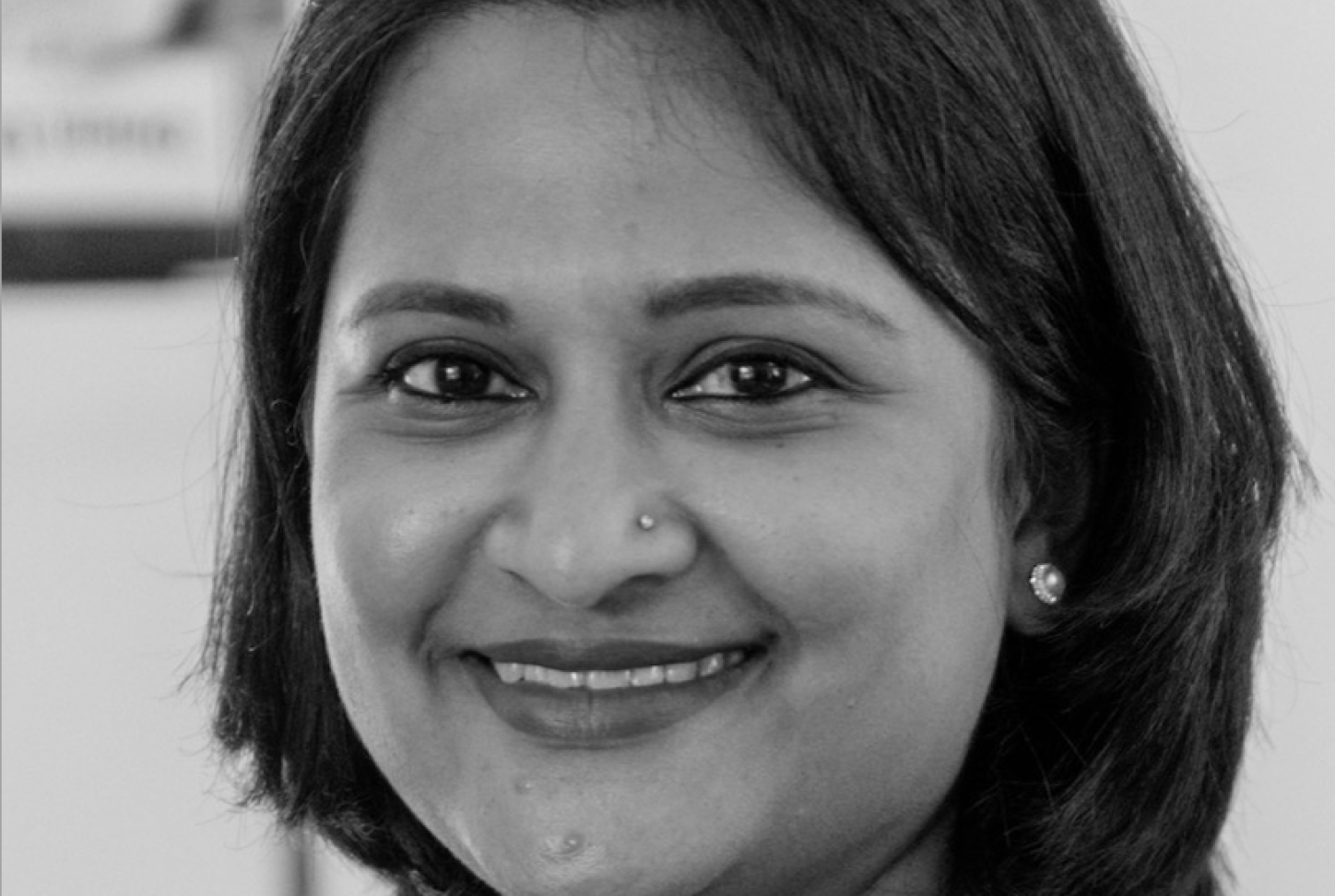
Dr. Vidushi Neergheen
Director of the Doctoral School, University of Mauritius & Leading Researcher in Biopharmaceutical Innovation
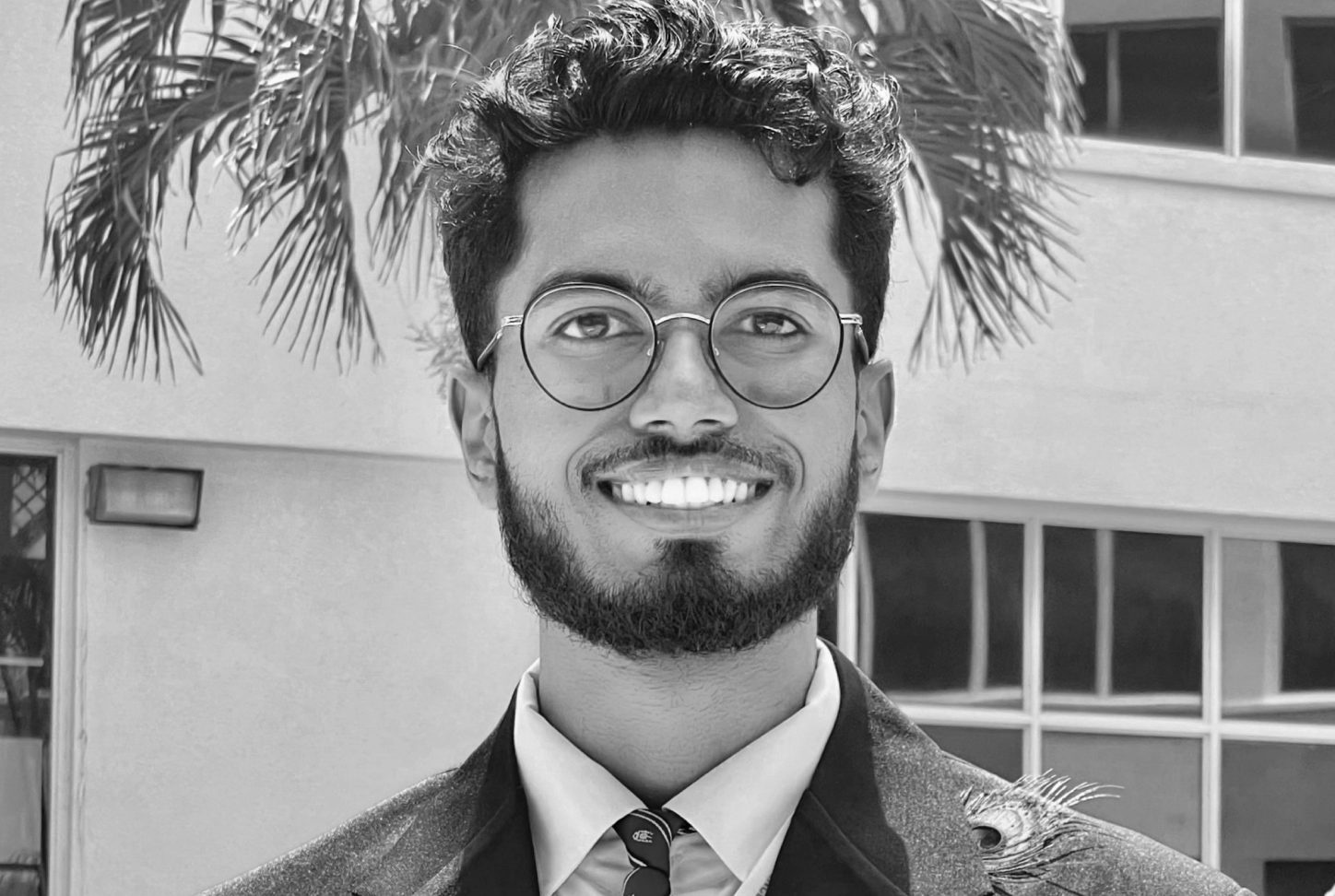
Krishna Pentayah
Science Diplomat, Researcher, Mechanical Engineer, Climate & Cultural Leader, Author, Artist
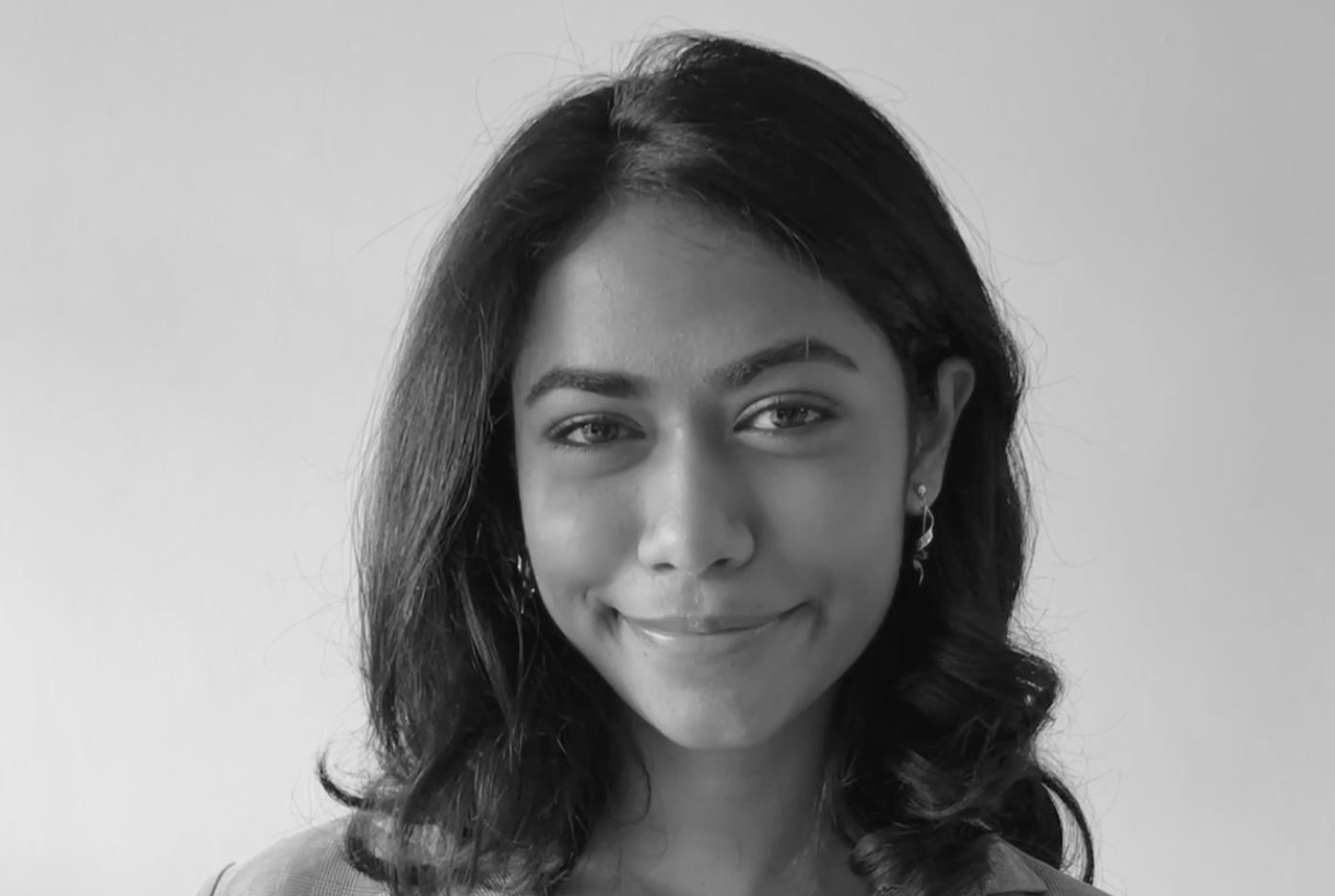
Meiya Gujjalu
Conservation Student & Co-Founder of Daring Dodos
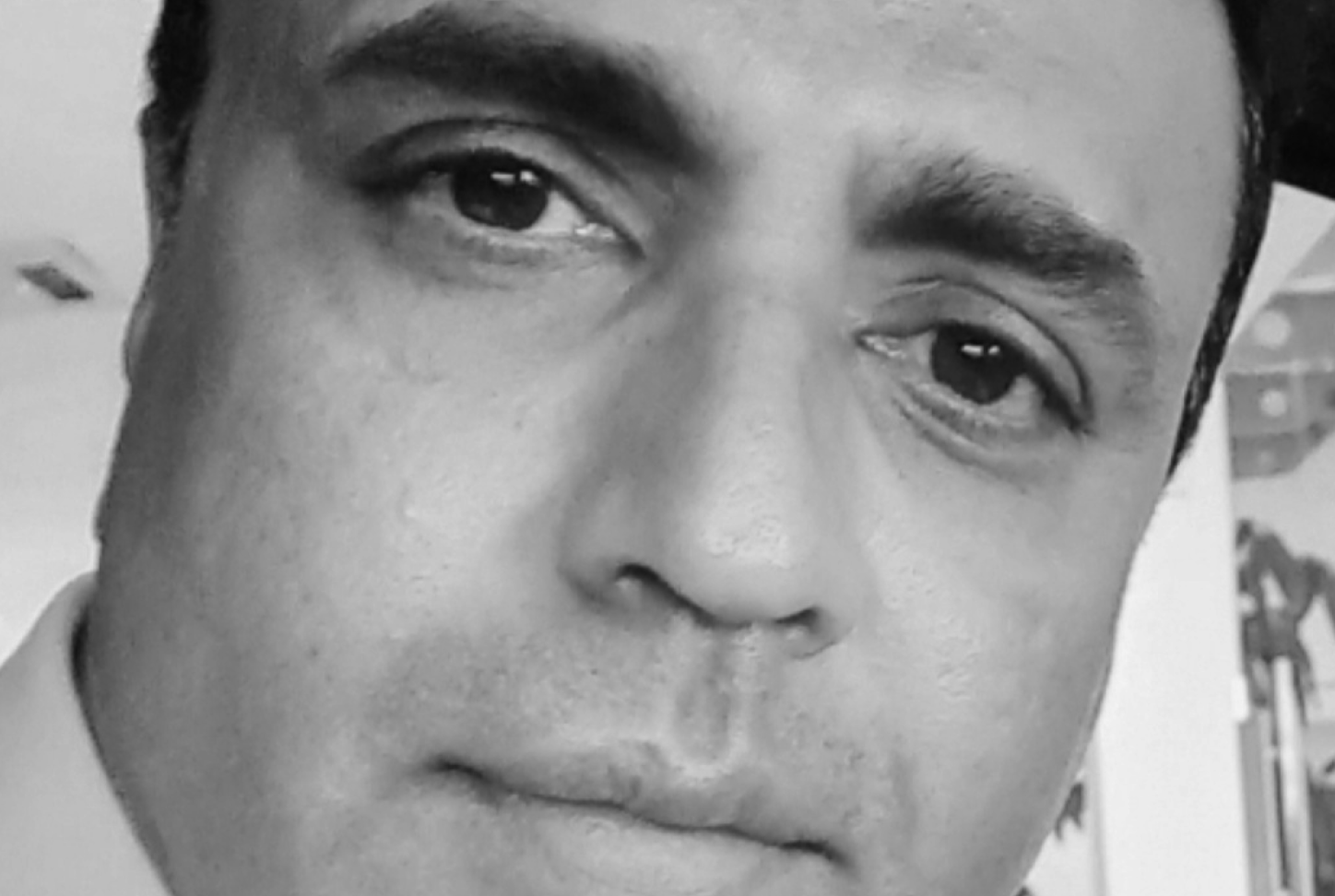
Vikash Rupear
Director, Natural History Museum of Mauritius
“I have always heard that the dodo was extinct and that's forever. I have spent nearly 30 years of my life trying to save plants, reptiles, and birds. I never thought that in re-piecing the Mauritian ecosystems, we could even dream of bringing back the dodo. If we are successful, then we are allowed to have more dreams. I am excited to participate in the group since we may be writing a brand new page of the history of Mankind–and animals!”
Dr. Vikash Tatayah, Director of Conservation
Mauritian Wildlife Foundation

CONTACT COLOSSAL
Collaboration is integral to our mission. As we work to build a brighter tomorrow, Colossal remains open to inclusive dialogue regarding what that means for the world today. For questions or comments about our partnership with Tasmania, fill out the form below.





